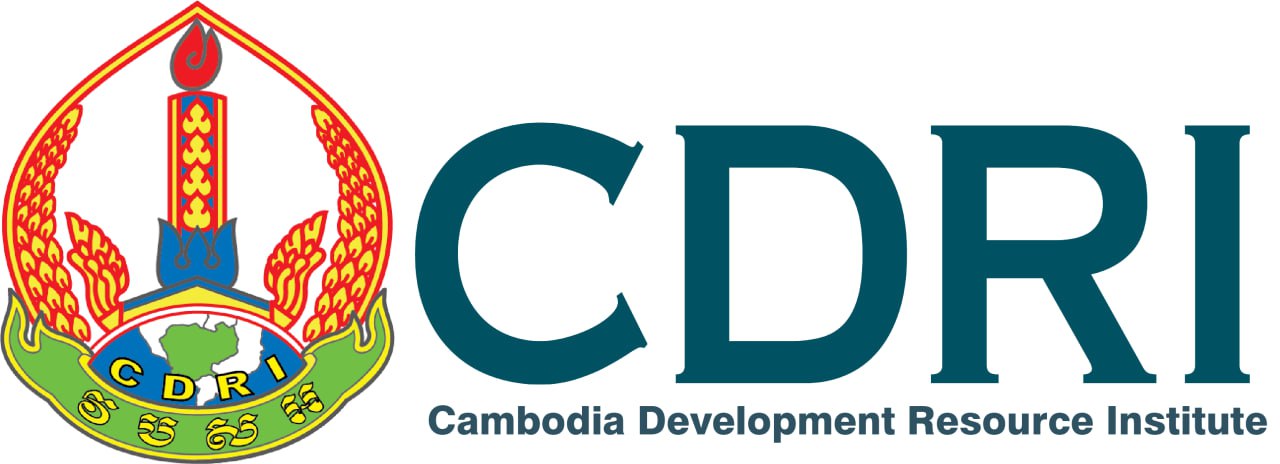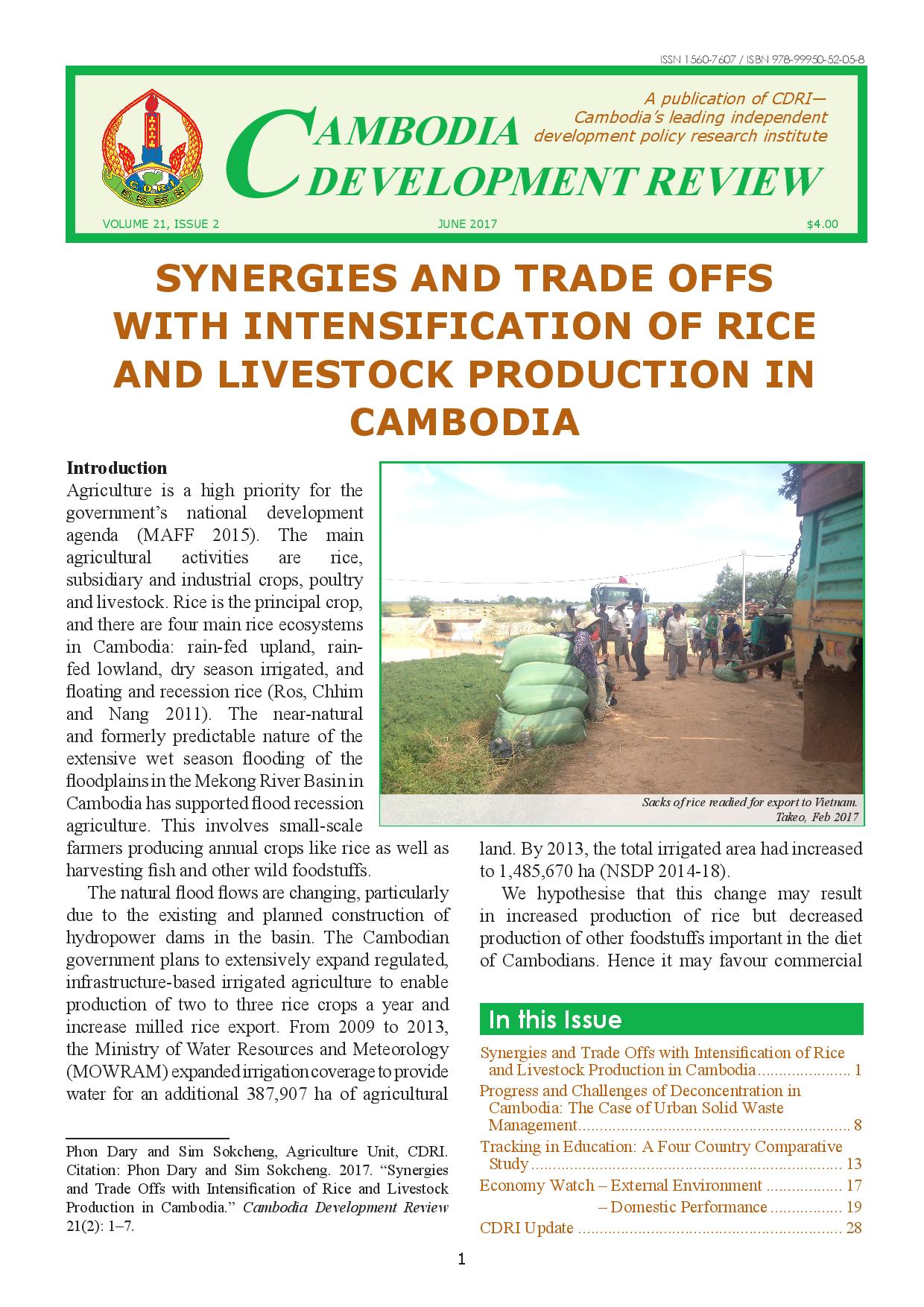Centre for Policy Research in Agriculture and Rural Development
The Centre for Policy Research in Agriculture and Rural Development (CPARD) is committed to carrying out cutting-edge, evidence-based, policy-relevant research focusing on Cambodia’s agriculture sector. We bring a wealth of expertise and experience to all our research activities which are locally and internationally acknowledged for their rigor. Our experienced researchers with expertise in agricultural economics, applied economics, and economic development develop and apply innovative quantitative and qualitative tools to study numerous critical issues in the field of agriculture, including nutrition and food safety, agricultural value chains, agricultural sustainability, agricultural development, and rural livelihood improvement. Our dissemination efforts target policy makers, development partners, and research community through publications, seminars, workshops, conferences, and dialogues. Having partnerships with government agencies, local and international think-tanks, and other research institutes, we hope to make a meaningful contribution to a sustainable future of Cambodia’s agriculture and improve the well-being of people residing in rural communities.
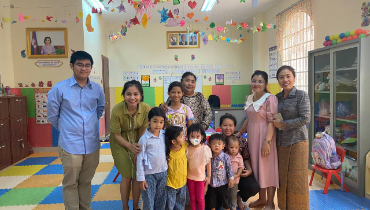
Evidence-based Policy Study: Supply and Demand Solutions for Accessibility, and Affordable Childcare Services in Cambodi...
The World BankThe World Bank project on “Evidence Based Policy Study: Supply and Demand Solutions for Accessibility and Affordable Childcare Services in Cambodia” examines the interlink between supply and demand for childcare services to ana...
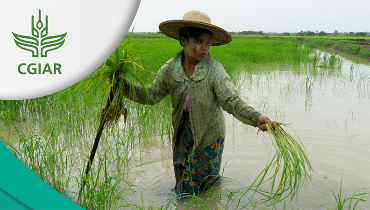
Asian Mega-Deltas: From Risk to Resilience
CGIAR | WorldFishTo address urgent concerns on climate change, the CGIAR, together with its centres and development partners, is officially launching the Securing the Food Systems of Asian Mega-Deltas for Climate and Livelihood Resilience (AMD). T...

Digital Economic Integration of MSMEs in the Global South
IT for ChangeIT for Change, Institute of Development Studies (IDS) and country partners are preparing a project on “Digital Economic Integration of MSMEs in the Global South”, focusing on micro, small and medium enterprises (MSMEs). Due to the...
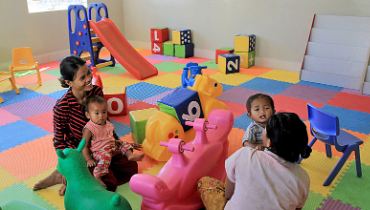
Childcare Availability Study
The World BankThe World Bank’s East Asia and Pacific Chief Economist Office is preparing a regional flagship report on childcare. The report is exploring how childcare availability can promote equity and growth objectives and how childcare can...
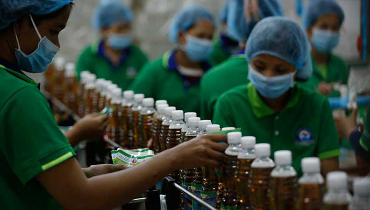
Potential Business in Cambodia
Khmer EnterpriseSmall-and medium-size enterprises (SMEs) are regarded as backbone of Cambodia’s economic growth (IFC 2010; Shariff et al. 2010). The number of formally registered SMEs is about 43,258 establishments, based on 2021 annual report by...
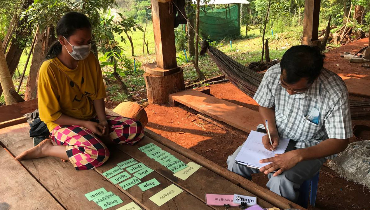
Cambodia Nutrition Project's Baseline Data Collection for Qualitative Evaluation Study
The World BankTo improve undernutrition challenge, a five-year The Cambodia Nutrition Project (CNP) was formulated with The MOH and the National Committee for Sub-national Democratic Development (NCDDS) of the Ministry of Interior are the imple...
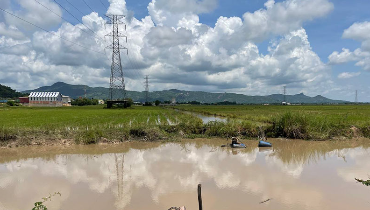
Promoting Small-holder Farmers through Irrigation
International Fund for Agriculture DevelopmentMore than 60 percent of Cambodia farmers grow rice, also, rice farmers mostly are smallholder suffering from low productivity, inadequate infrastructure, and vulnerability to flooding and drought. Remote smallholders might not ben...
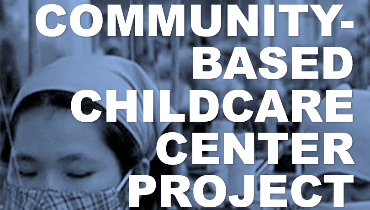
Impact Evaluation of Community-Based Childcare Centres (CBCCs)
The World BankTo design, administer, and disseminate the results of an impact evaluation of community-based day-cares for the children of garment factory workers (CBCC) in Kampong Speu Province, Kandal Province, and other areas. To design a rig...
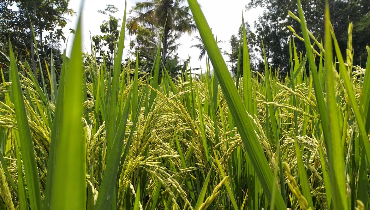
Comparative Study for Sustainable and Better Market Access of the Regional Rice Sector
Institute of Policy Strategy for Agriculture and Rural DevelopmentAs part of comparative study, the content of this study focuses on the rice sector and market access in Cambodia. The comparatives study is essential for the region because of the important role of the rice sector in national econ...
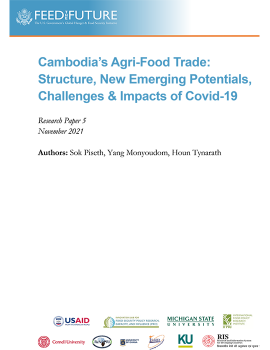
Cambodia's Agri-Food Trade: Structure, New Emerging Potentials, Challenges, and Impacts of COVID-19
This study provides overall analysis and informs readers about Cambodia’s agri-food trade regarding recent structures of trade flows, new emerging potentials, main challenges, and impacts of COVID-19. The main data source is BACI datasets produced by Centre d'Études Prospectives et d'Informations Internationales (CEPII), the French leading centre research and expertise on the world economy.Cambod...
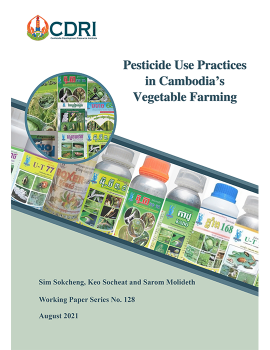
Pesticide Use Practices in Cambodia’s Vegetable Farming
Pesticides are agricultural technologies that farmers use to control pests and weeds and remain an important modern input for crop production including vegetable farming. There are many types of pesticides, such as insecticides, fungicides, rodenticides and herbicides, that target different threats to crops. While the potential production benefits of chemical pesticides are undeniable, people are...
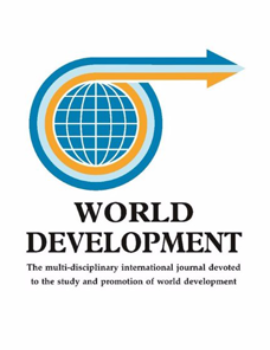
The Effect of Parental Migration on the Schooling of Children Left behind in Rural Cambodia
Growing rural-to-urban and international migration flows have sparked concerns about the investments in the education of the children left behind in Cambodia. We draw on a panel household-level survey conducted in rural villages in 2014 and 2017 to analyse the relationship between parental migration and children’s schooling. The analysis shows that children of migrant parents complete less years o...
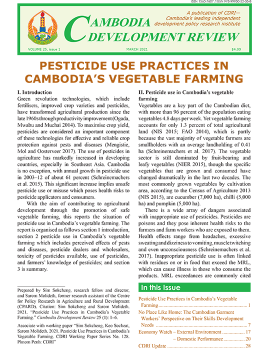
Pesticide Use Practices in Cambodia’s Vegetable Farming
Pesticides are agricultural technologies that farmers use to control pests and weeds and remain an important modern input for crop production including vegetable farming. There are many types of pesticides, such as insecticides, fungicides, rodenticides and herbicides, that target different threats to crops. While the potential production benefits of chemical pesticides are undeniable, people are...
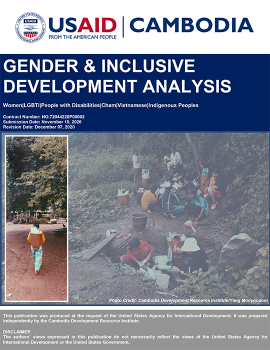
Gender and Inclusive Development Analysis
This study reports the results of a comprehensive gender and inclusive development analysis (GIDA) to inform the United States Agency for International Development (USAID)‟s workplans regarding Cambodia‟s Country Development Cooperation Strategy (CDCS) for 2020– 2025. The GIDA uses a combination of quantitative and qualitative methods to identify macro and sectoral level gender gaps, social inequa...
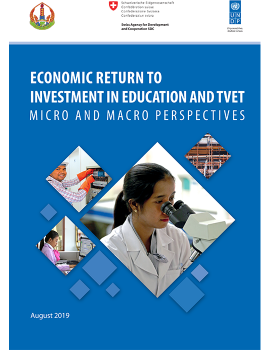
Economic Return to Investment in Education and TVET: Micro and Marco Perspectives
This study is a part of the UN Joint Programme through which the UNDP seeks to examine the relationship between the economic/monetary returns of investments in education and technical vocational education and training (TVET) at individual, household and national levels. The overall objectives of the study are (1) to estimate the rate of return at the individual, household and national level, of in...
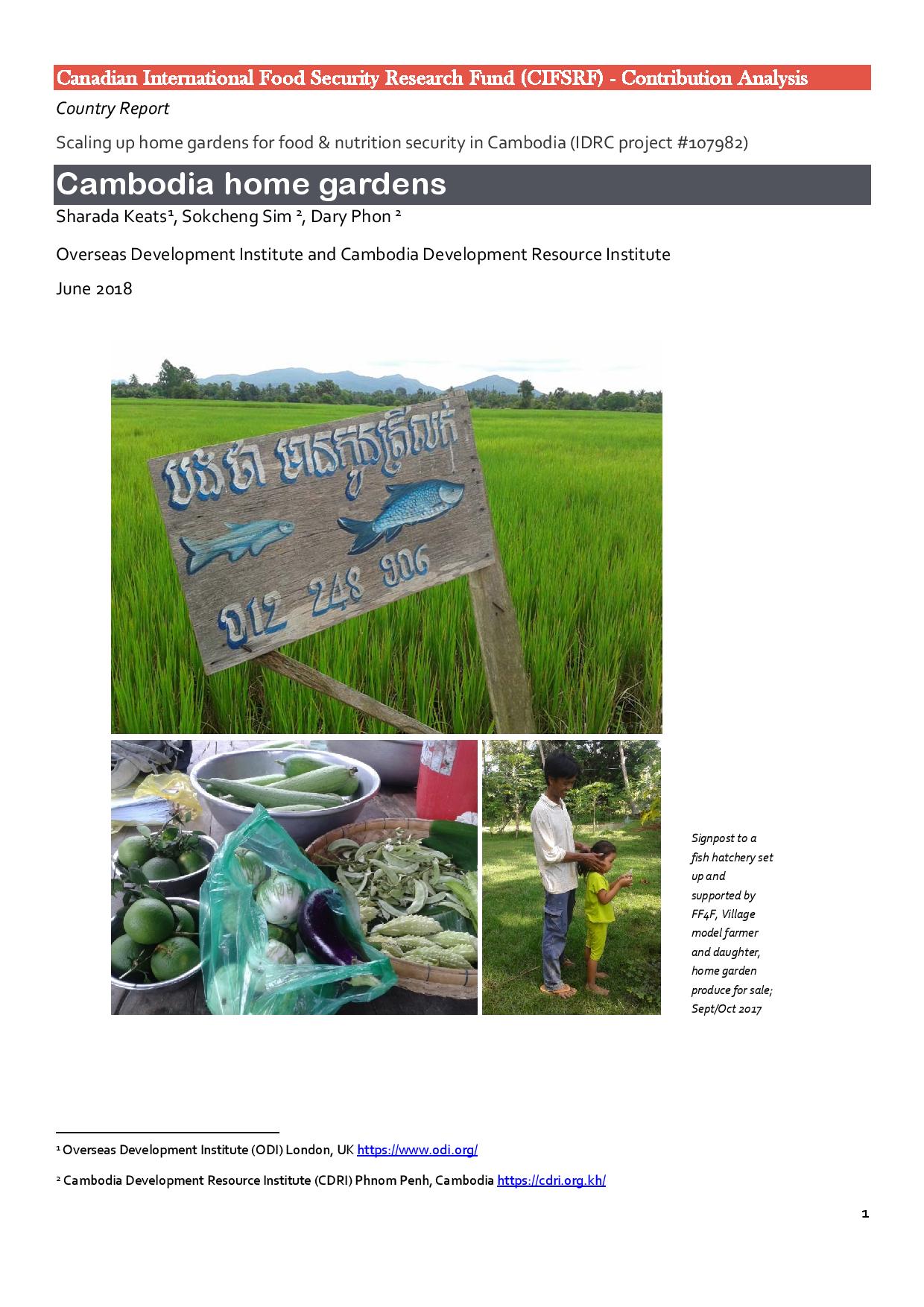
Scaling up Home Gardens for Food & Nutrition Security in Cambodia
This report reviews a project funded under the research program called “Scale up of Homestead Food Production for Improved Nutrition in Cambodia”, also known as “Family Farms for the Future (FF4F)”. The project tries to capture FF4F’s immediate and potential contribution to food security. FF4F aims to help three main groups: large-scale producers of fish fingerlings, home gardeners and village mod...
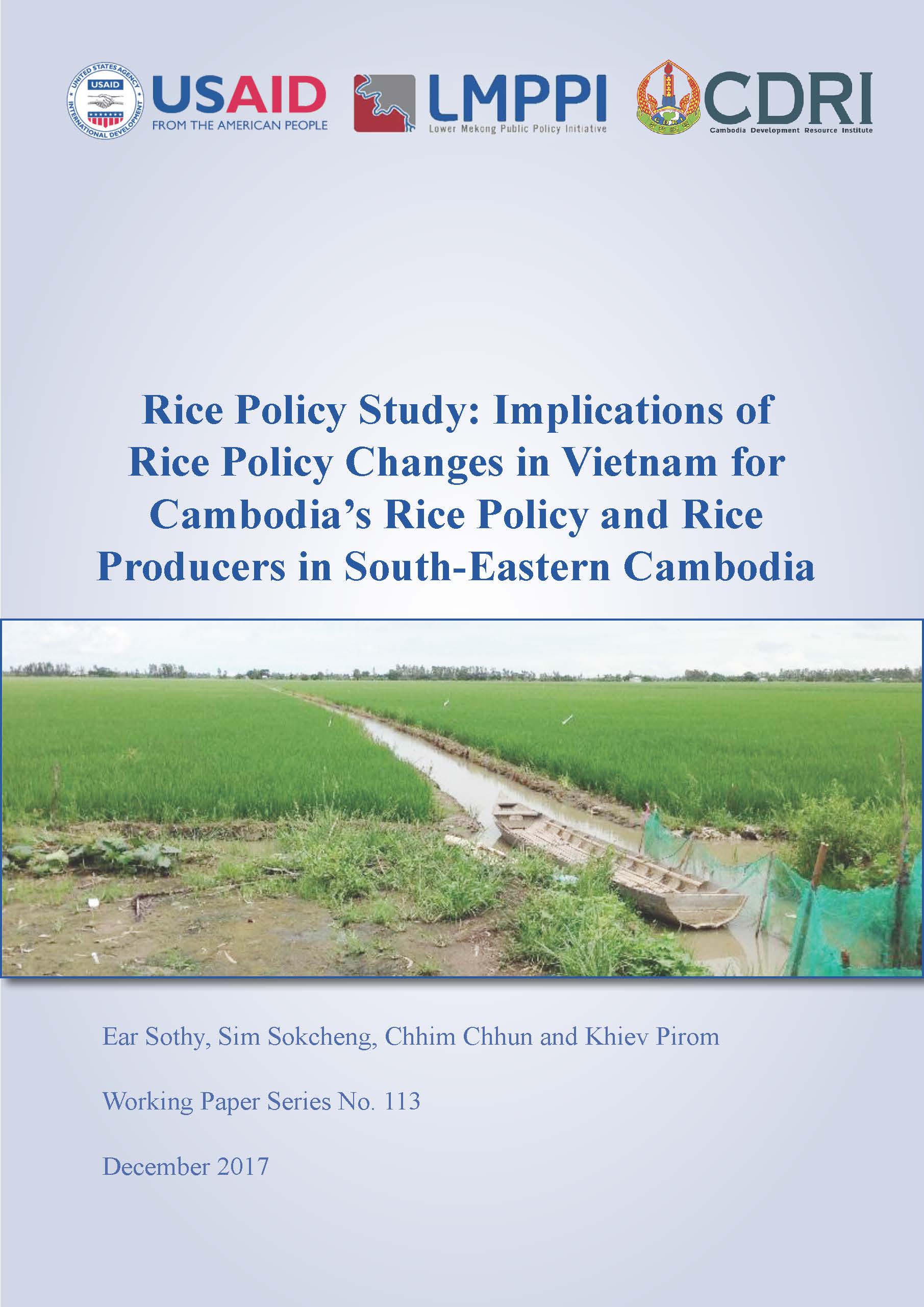
Rice Policy Study: Implications of Rice Policy Changes in Vietnam for Cambodia’s Rice Policy and Rice Producers in South-Eastern Cambodia
There are many studies about rice production in Cambodia, but none focus on the geographical location of rice production, particularly in the south-eastern provinces of Prey Veng, Takeo and Svay Rieng. Farmers in these areas produce mainly low-value rice (IR504) most of which is exported as wet paddy to Vietnam. The Vietnamese government recently decided to restructure its economic and agricultura...
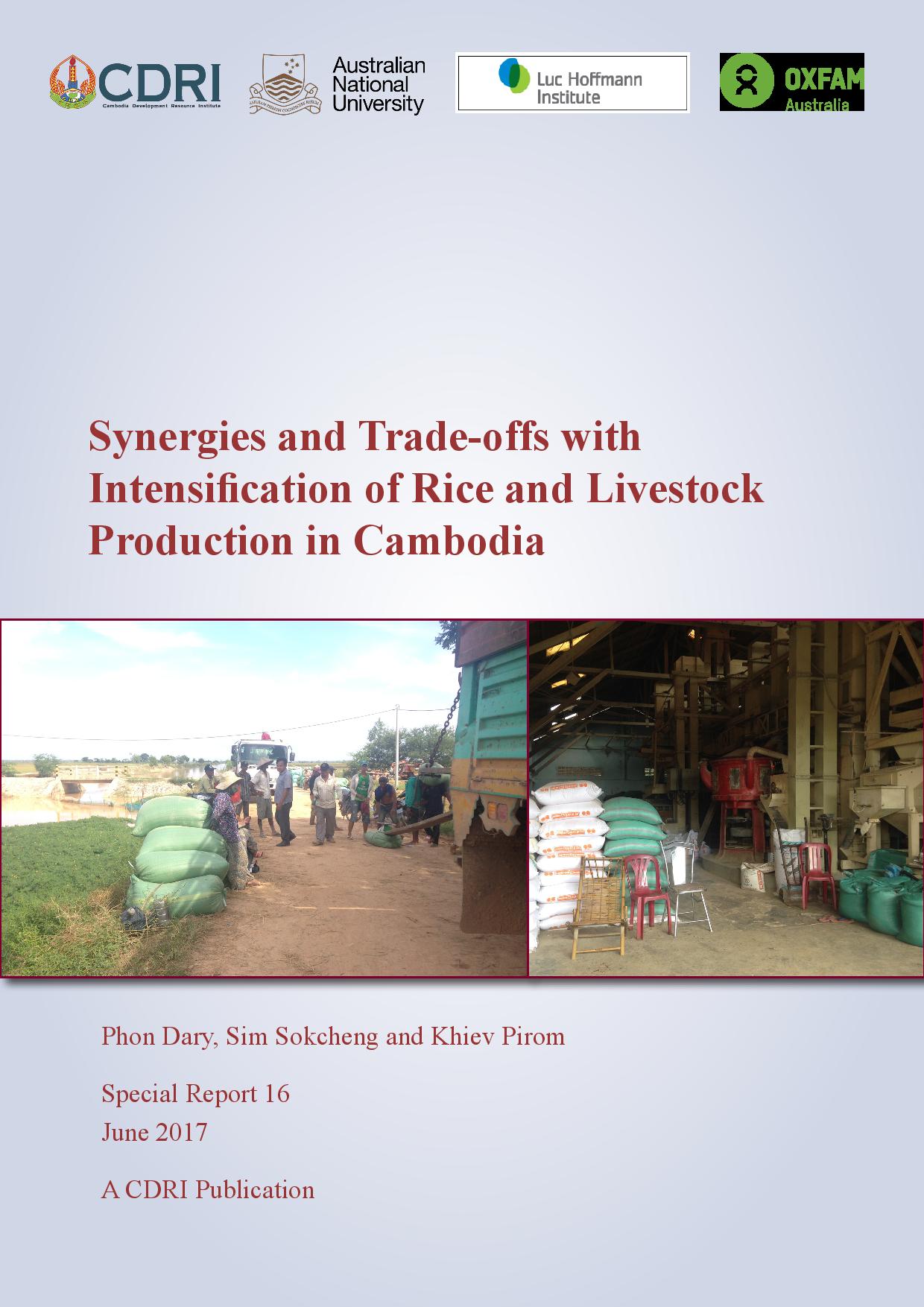
Synergies and Trade-offs with Intensification of Rice and Livestock Production in Cambodia
This study examines the benefits, risks and costs of changing from flood recession to intensive irrigated agriculture in Cambodia. Methods used include food supply calculation, nutritional supply estimation, potential production area projection, water use estimation, and energy consumption estimation. Three scenarios were designed to model current food supply and projected food production (in term...
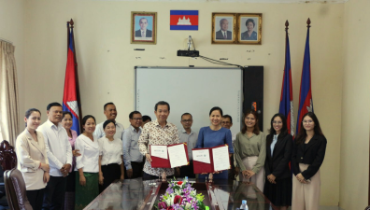
Memorandum of Understanding between CDRI and Prek Leap National Institute of Agriculture (NIA)
On May 16th, the Cambodia Development Resource Institute (CDRI) and the Prek Leap National Institute of Agriculture (NIA) signed a Memorandum of Understanding (MoU) to improve and strengthen collaboration with a focus on Agriculture, Environment, and Rural Development in Cambodia. The purpose of this collaboration is to combine their strengths to introduce innovative ideas and policy options at national, regional, and global levels. This will...

The 1st WEBINAR on Methodology and approach of the Regional joint-research: “Assessment of rice sector development in selected sub-Mekong countries
In the PY3 – 2021, under the framework of the project Network for Agriculture and Rural Development Think-tanks for Countries in Mekong sub-region (NARDT) funded by the International Fund for Agricultural Development (IFAD), IPSARD and CFPs in CLMV will jointly organize WEBINARs to promote knowledge sharing through regular information exchange and policy advocacy while overcoming international travel restriction due to impacts of the COVID-19 pan...
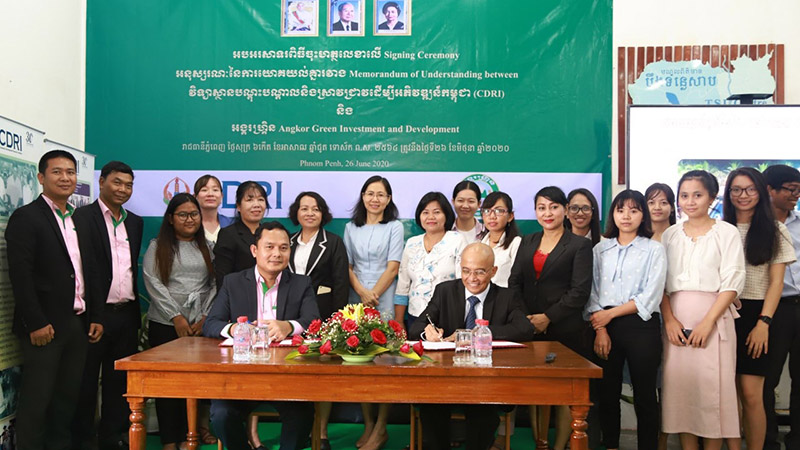
Angkor Green and CDRI signed an MOU
Angkor Green https://angkorgreen.com.kh/ and CDRI signed an MOU on development research in PPP, agriculture value chains, agro-business development, innovation and technology for agricultural productivity, access to market, and product information and know-how.As an independent development policy think tank, CDRI is to contribute to Cambodia’s sustainable development and the well-being of its people in partnership with Cambodian public institutio...
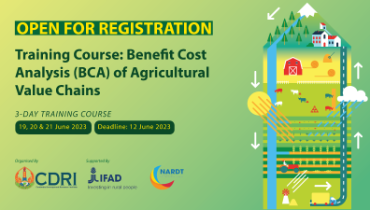
19 Jun
Training
Training Course on Benefits Cost Analysis (BCA) of Agricultural Value Chains
CDRI is opening registration for interested participants to attend the 3-day training course entitled Benefit Cost Analysis (BCA) on Agricultural Value Chain under the IFAD-funded project “Network of Agriculture and Rural Development Think-tanks” (NARDT) for countries in Mekong sub-region. The course, which will be held from 19 to 21 June 2023, is designed to provide participants with a comprehensive understanding of BCA and its application to th...
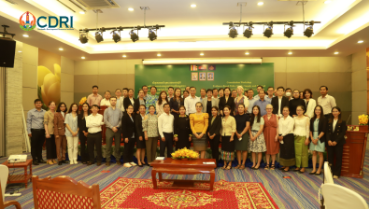
24 May
Consultative Workshop
Evidence-based Policy Study on Accessible and Affordable Childcare Services in Cambodia
Cambodiana Hotel
On 24 May 2023, CDRI’s Agriculture Centre and Education Centre organised a Consultative Workshop at Cambodiana Hotel. This workshop aimed to gather feedback from relevant stakeholders working in the areas of childcare service, mother employment, and early child development on a research study on “Evidence-based Policy Study on Accessible and Affordable Childcare Services in Cambodia.” We also would like to show our sincere appreciation to HE P...
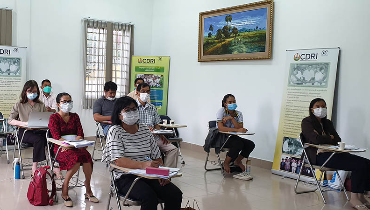
14 Feb
Enumerator Training
Qualitative Research Methodology
08:00 AM 05:00 PM
CDRI
Before going to the fieldwork for qualitative data collection in selected provinces, hired enumerators are equipped with comprehensive training on " Qualitative Research Methodology" for 1 week. Moreover, they are also provided with cultural domain analysis which includes Free List and Pile Sort.
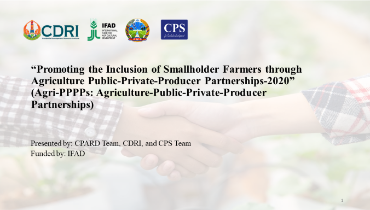
19 Oct
Dissemination Workshop
Promoting the Inclusion of Smallholder Farmers through Agriculture Public-Private-Producer Partnerships
02:00 PM - 04:00 PM
Zoom
Under the project "Network for Agriculture and Rural Development Thinktanks for Countries in Mekong Subregion" and collaboration with Ministry of Agriculture, Forestry and Fishery, CDRI has conducted a study on "Promoting the Inclusion of Smallholder Farmers through Agriculture Public-Private-Producer Partnerships".After data collection and analysis, researchers from CDRI requested a meeting with representatives from MAFF, Center for Policy Studi...
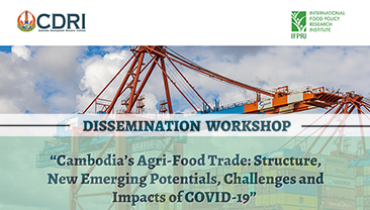
18 Aug
Dissemination Workshop
Cambodia's Agri-Food Trade: Structure, New Emerging Potentials, Challenges, and Impacts of COVID-19
09:00 AM - 11:00 AM
Zoom
From the early 1990s, Cambodia’s agricultural food trade was seen as exports of raw materials and unprocessed primary commodities to neighboring countries such as Thailand and Vietnam. The production and processing capacity were remarkably low at the time. Realizing the tremendous amount of the exports and great loss of value-added incomes, the Royal Government of Cambodia (RGC) started to promote country’s processing capacity and quality refinem...
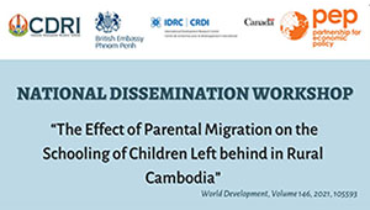
28 Jul
National Dissemination Workshop
The Effect of Parental Migration on the Schooling of Children Left behind in Rural Cambodia
03:00 PM - 05:00 PM
Zoom
Sponsored by Partnership for Economic Policy (PEP), CDRI is hosting a National Dissemination Workshop on “The Effect of Parental Migration on the Schooling of Children left behind in Rural Cambodia”The national workshop will bring together stakeholders from the public and private sectors, development partners, and non-government organizations (international and local) working in the areas of migration and primary education. The main objectives of...
